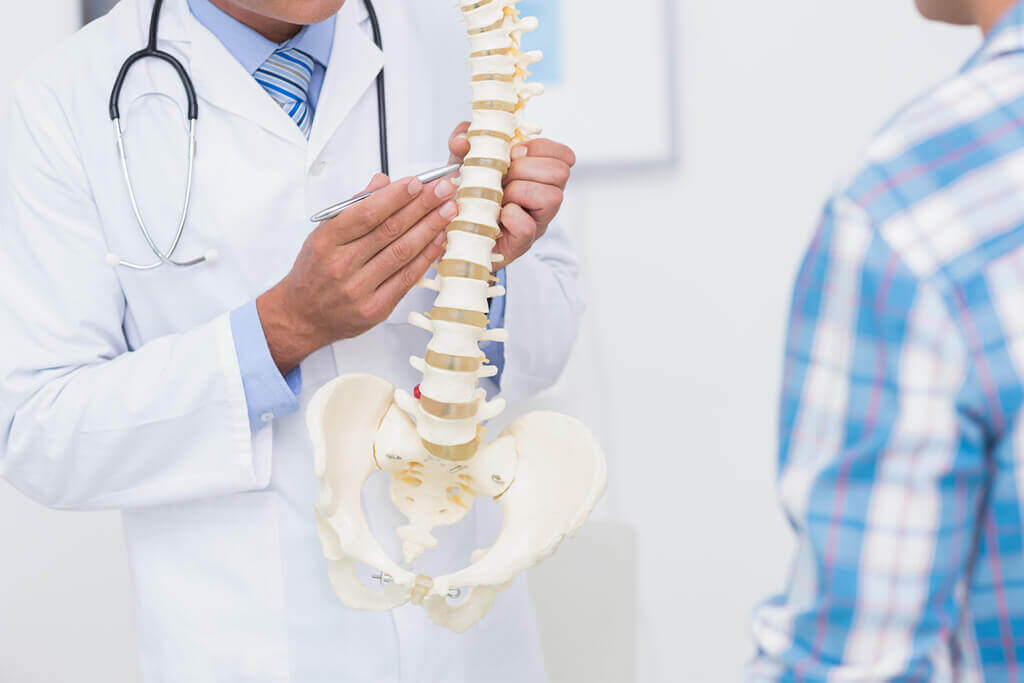Irritable Bowel Syndrome (IBS)
Introduction
Irritable bowel syndrome (IBS) is a very common gastrointestinal (GI) disorder. It is also referred to as nervous indigestion, spastic colon, and functional bowel disease. IBS is defined by the symptoms of abdominal pain and diarrhea or constipation for a prolonged period of time.
The cause of IBS is unknown. It is more common in women and appears to be associated with many factors, including emotional stress. For some people, IBS is a chronic lifelong condition. There is no cure for IBS. However, symptoms may be managed with lifestyle changes, medications, and dietary alterations.
Anatomy
Causes
Symptoms
Diagnosis
Your doctor may order tests to help determine the diagnosis. Tests may include blood tests, stool tests, and imaging studies. Imaging studies commonly include a sigmoidoscopy or colonoscopy.
Treatment
Treatment may include dietary changes, lifestyle changes, counseling, and medications.
Prevention
Am I at Risk
Because the cause of IBS is unknown, risk factors cannot be readily identified. However, it appears that several factors may contribute to IBS.
Possible contributing factors for IBS:
_____ IBS occurs more frequently in women than men.
_____ People in their teens through early adulthood are more likely to develop IBS.
_____ Emotional stress, emotional trauma, sexual assault, intimate violence, and some mental health disorders appear to be associated with IBS.
_____ It is suspected that dietary factors may play a role in the development of IBS including a low-fiber diet, high-fat diet, dairy products, sorbitol, fructose, and carbonated beverages.
_____ It appears that smoking and consuming alcohol may lead to IBS.
_____ Certain medications including select antidepressants, antibiotics, and medications made with sorbitol may be associated with IBS.
_____ There may be a link between experiencing gastroenteritis (infectious stomach flu, traveler’s diarrhea, or food poisoning) and IBS.
Complications

Copyright © - iHealthSpot Interactive - www.iHealthSpot.com
This information is intended for educational and informational purposes only. It should not be used in place of an individual consultation or examination or replace the advice of your health care professional and should not be relied upon to determine diagnosis or course of treatment.
The iHealthSpot patient education library was written collaboratively by the iHealthSpot editorial team which includes Senior Medical Authors Dr. Mary Car-Blanchard, OTD/OTR/L and Valerie K. Clark, and the following editorial advisors: Steve Meadows, MD, Ernie F. Soto, DDS, Ronald J. Glatzer, MD, Jonathan Rosenberg, MD, Christopher M. Nolte, MD, David Applebaum, MD, Jonathan M. Tarrash, MD, and Paula Soto, RN/BSN. This content complies with the HONcode standard for trustworthy health information. The library commenced development on September 1, 2005 with the latest update/addition on February 16, 2022. For information on iHealthSpot’s other services including medical website design, visit www.iHealthSpot.com.


